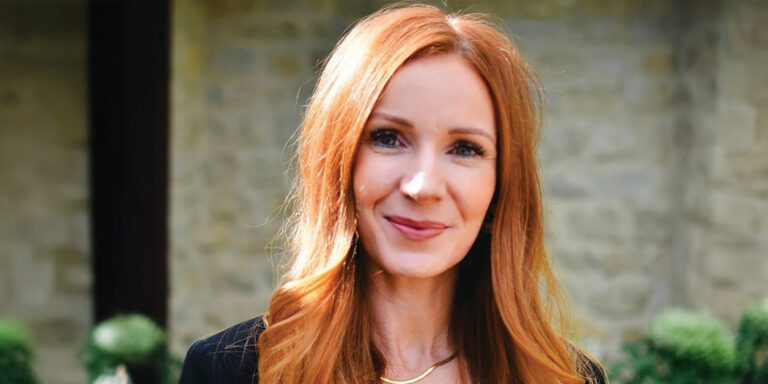The hospitality industry is often characterised as having a workforce that has high turnover rates – that’s because of low wages, unsociable hours and few opportunities for promotion.
However, Scott Brown, group director of sales and marketing for hotels at Amante Capital, paints a different picture about the possibilities for careers in the industry, and how the challenges it faces can best be met.
“Like many, I started working in hospitality when I was a student,” he says. “I was a bartender at a Marriott hotel. In fact, I’m sat in that same Marriott hotel today, but in a very different role. Of a core group of friends back then who started as concierges, waiters and receptionists, some are now hotel managers, directors of finance and global account directors.
“There are so many different disciplines within hospitality – operations, marketing, PR. I went into sales.”
Leading in a franchise business
After working at hotel brands including Marriott and Meliá, Brown joined Amante Capital earlier this year. The move reflects the potential range of roles in which leadership is needed in the industry. Amante invests in hotel real estate across Europe, and brings its management experience and financial acumen to hotel franchises including Marriott and Delta Hotels by Marriott.
Around the world, many well-known hotel brands run on a franchise model, or a mix of owned and franchise properties, including Travelodge, Hilton, Meliá, and Radisson. The model allows local operators to gain the benefits of globally recognised brands and the standards consumers associate with them.
“It’s the brand name that consumers look for,” says Brown. “Local teams bring their own knowledge and qualities with the day-to-day management of the hotel, but the brand brings distribution and marketing at scale. The model also means we can empower and support the front-facing teams to make the best decisions.”
Brown believes that one aspect of good leadership is knowing how to cut through to what’s most important.
“From a hotel point of view,” he says, “it’s guest satisfaction and driving repeat custom. As group director of sales and marketing, my primary job is to drive sales and revenues by supporting and guiding individual hotels and their teams in terms of their strategy and delivery.”
Keeping the connection
The franchise model connects knowledge across global, national and local dynamics. Leadership must link these effectively, ensuring consistency while enabling autonomy. To ensure this happens, Brown retains a strong connection with the on-the-ground running of hotel businesses.
“It’s my responsibility when dropping into hotels to see things that could be improved, and always to be looking for new ideas. It’s where leadership really plays a part.”
The hotel teams on the property live and breathe it every day. When you drop in once every few months, you have to guide in the right way and see the things they don’t.
“That might mean having a few uncomfortable conversations, and that needs clear communication from the outset so everyone understands what your role is.”
If you can create trust with someone, they accept you giving that feedback. I use the term ‘radical candour’ to describe it.”
Innovation and trust
Brown says that the most acute challenges facing hospitality are currently being felt by the food and beverage (restaurant and bar) side of the industry.
“A lot of hospitality businesses are still paying back some of the deferred rents and leases from Covid,” he says. “Add to that escalating food and beverage prices and it has been a massive challenge for some.”
Innovation and building trust, he says, are key to navigating future success.
“It’s about looking for new creativity around what you offer, whether that’s cuisines or focusing on your venue as a place for celebration. Also, price is important for customers, as are facilities and location. But a customer’s trust in the people who are going to deliver the event, the conference or the Christmas party, is also a big part of it. People still play such a massive part in any success.”
Brown says three core values can be used to guide high-performing teams. “First, be dedicated,” he says.
“Success doesn’t always mean answering emails at 1am, but it does demand commitment. The minimum expectation is maximum effort.”
“The next thing I always say to people is ‘don’t lie’. By that I mean don’t overpromise then underdeliver. And don’t lie to your team. If we drop the ball, we drop the ball together. Then don’t lie to yourself by cutting corners, even if no-one else sees.
“Finally, always try to live your brand values. Know what the brand stands for and live by what that brand stands for. Hopefully you’re lucky enough to work for a company that aligns with your own values. If you don’t, maybe you shouldn’t work there, because it means you’re never going to give your best.”
From waiter to group director of sales and marketing, Brown’s career shows that employment in hospitality doesn’t need to be a short break before a move to another industry.
Martin Bewick is a writer and editor at CPL One.
This article is adapted from a feature first published in the summer 2025 issue of Edge.





